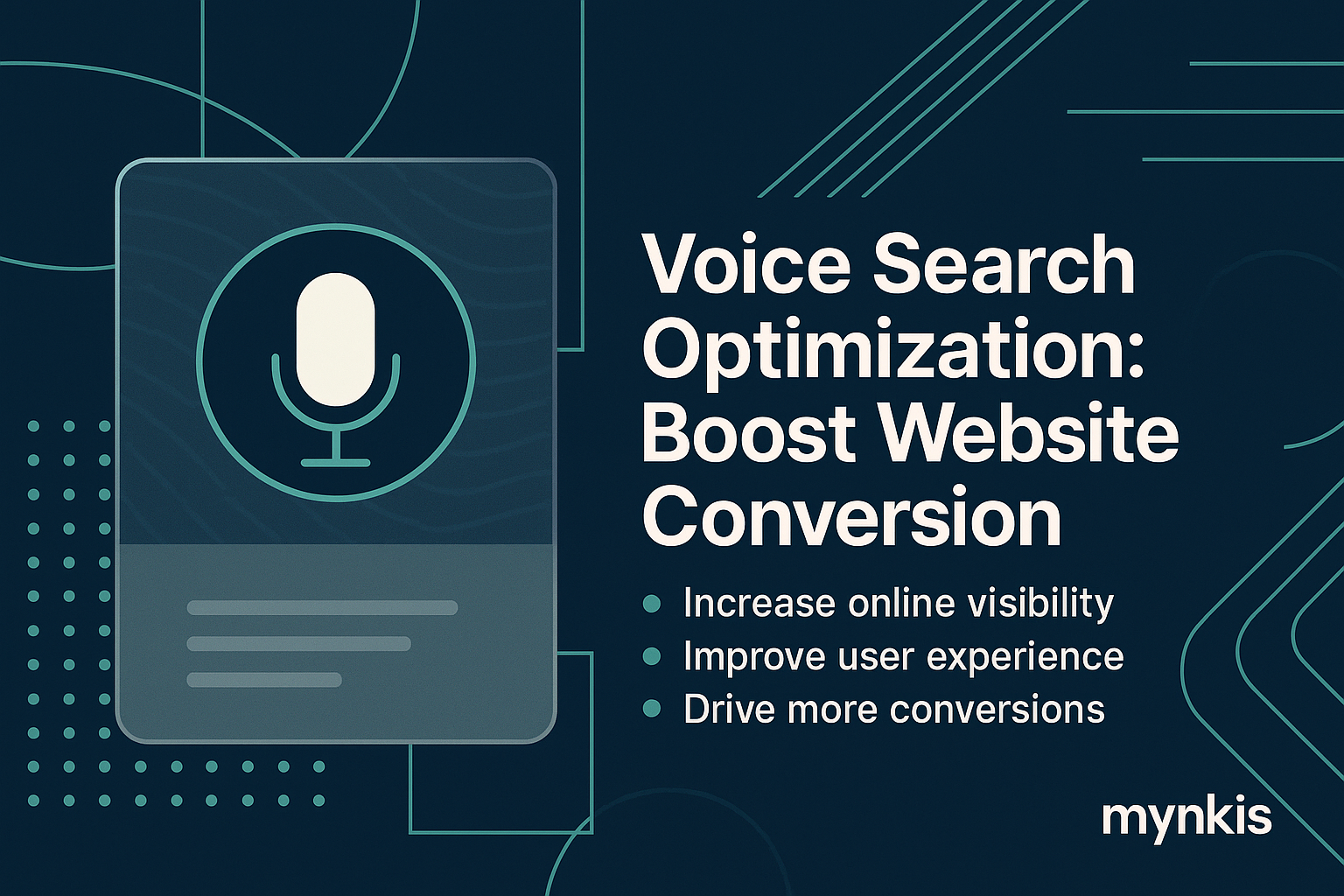Schedule a Demo
Voice search is reshaping the way users interact with the web, turning the old click-and-type model on its head. If you're like many business owners, you've noticed how increasingly people are using Siri, Alexa, or Google Assistant to get things done without ever touching a keyboard. This seismic shift is not just a trend but a new digital norm that demands a fresh approach to web design and search engine optimization (SEO).
Ever wonder why you should care about voice search optimization? Let me share a quick story: I worked with a boutique hotel owner who noticed fewer direct bookings from their website. Upon diving deeper, we found that their potential guests were using voice commands like, "Find me a charming hotel in Santa Barbara," and their site wasn't coming up in these searches. By optimizing their site for voice search, they not only improved their bookings but also significantly boosted their organic traffic.
Voice searches tend to be longer and more conversational. People might ask their device, "What's the best Italian restaurant near me that's open now?" instead of just typing "Italian restaurant." That's a fundamental change in how people phrase their queries.
To optimize for voice, you'll need to anticipate these longer, natural language queries. According to a study by BrightLocal, nearly 50% of adults use voice search at least once daily. So, as a business owner, understanding this behavior can directly influence your website's conversion rates.
Firstly, use natural language throughout your content. Optimize for long-tail keywords that sound like how people actually talk. Think "where to find artisan coffee in San Francisco" instead of just "coffee San Francisco."
Secondly, enhance your local SEO. If you own a brick-and-mortar store or a service-based business, voice queries often relate to local searches. Ensure your site's local information is up-to-date and easy for search engines to understand.
Thirdly, focus on FAQ pages. Voice assistants often pull answers directly from Frequently Asked Questions (FAQ) sections. By having clear, concise, and question-oriented content, you can capture these voice interactions. Create content that answers common questions users might have about your business or industry.
Finally, improve your site's loading speed. Voice searches often prioritize quick results. A fast-loading site can get your business on the top of those voice search results.
When designing your website, think about how voice search impacts user flow. If users arrive on your site via a voice query, they're already on a quest for quick, direct answers. Your landing pages should cater to this by providing immediate value.
Consider a landing page with a striking, clear header like, "Welcome to the Best Coffee Shop in San Francisco." Below, include succinct, easy-to-read information about what makes your shop unique. This could be your ethically sourced beans or your world-class latte art, but make sure it aligns with the voice queries potential visitors might use.
Schema markup is the little-known secret that can supercharge your voice search visibility. This structured data helps search engines understand your content better, making it more likely for your site to answer a voice query directly.
For instance, if your business is a boutique hotel, schema markup can enhance how search engines display your hotel information, such as address, ratings, and room availability, directly in voice responses. Tools like Google's Structured Data Markup Helper can make the process easier, helping you tag your content effectively.
Remember that the digital landscape is dynamic, and what works today might need tweaking tomorrow. I regularly audit my clients' sites to monitor the impact of voice search optimization. Use tools like Google Analytics and Google Search Console to track changes in your organic search traffic, focusing on metrics like click-through rates from voice queries.
Voice search optimization isn't a set-and-forget strategy. It's an ongoing dialogue between your business and how people access the internet. Keep adapting and refining, and you'll ensure your website remains at the forefront of this tech wave.
So, from someone deeply immersed in the world of custom software development and enterprise web solutions, I can assure you that embracing voice search optimization is a smart move for any business aiming to thrive in today's market. Happy optimizing!
